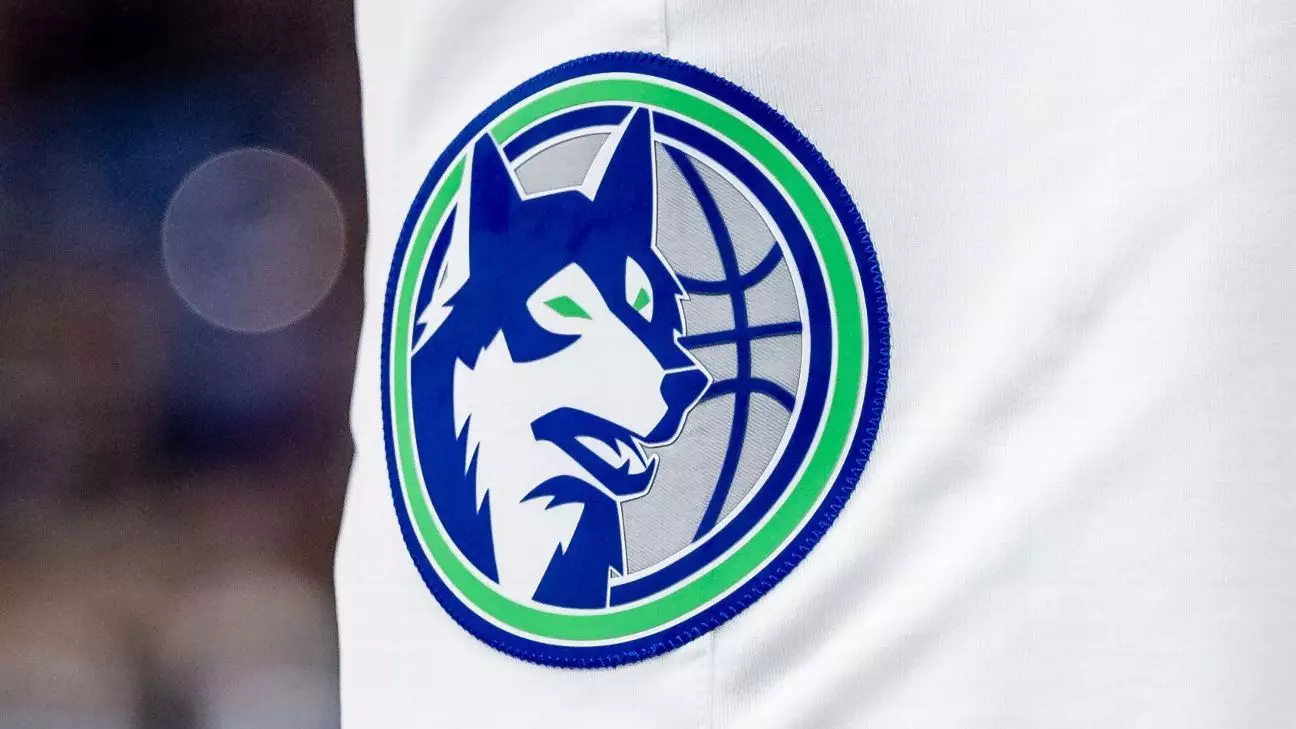The Minnesota Timberwolves and Lynx are on the brink of a significant ownership transition, as recent arbitration rulings have favored prospective owners Marc Lore and Alex Rodriguez in their protracted dispute with current owner Glen Taylor. The outcome of this legal battle highlights not only the complexities of sports franchise transactions but also the inherent uncertainties in the ownership dynamics of professional basketball teams. Taylor, who has owned the Timberwolves since 1994, faces the potential loss of control over a franchise that has seen its fortunes fluctuate over the years.
On a recent Monday, the arbitration panel’s split decision permitted Lore and Rodriguez to continue their pursuit to become the controlling owners. This ruling primarily centers around allegations that Taylor violated the terms of the sales contract by prematurely declaring that the prospective owners had missed a critical payment deadline. By asserting that a $600 million payment was missed, Taylor stymied Lore and Rodriguez’s bid to secure an 80% stake in the teams—an action they disputed. The right to a 90-day extension on payments became a pivotal point in the arbitration, reflecting how nuanced and complicated ownership agreements can be in the high-stakes world of professional sports.
The arbitration ruling has immediate implications for the NBA’s Board of Governors, which must now approve any transfer of ownership. The necessity for 23 out of 30 governors to approve the sale introduces a layer of complexity as they will have to consider Taylor’s longstanding relationships within the league, particularly with NBA Commissioner Adam Silver. This vote is not just a formality; it could set a precedent, as it will be the first time in recent memory that a sale has moved forward against the wishes of the incumbent owner.
At the heart of this ownership struggle are significant financial stakes. In 2021, Taylor agreed to sell the Timberwolves and Lynx for a valuation of $1.5 billion, which, in the evolving financial landscape of sports franchises, may be seen as an undervalue. Recent sales have drastically inflated market valuations; teams like the Phoenix Suns and Dallas Mavericks have sold for $4 billion and $3.5 billion, respectively. This presents the Timberwolves’ sale as not just a local or regional shift but a microcosm of a burgeoning financial ecosystem in the NBA.
Lore and Rodriguez have reportedly bolstered their financial standing by raising an additional $950 million, now held in escrow, to finalize the purchase. Their approach includes partnering with high-profile investors like Michael Bloomberg and Eric Schmidt, which increases not only their financial clout but also their influence within the broader sports community. Such strategic alliances may sway the opinions of other team owners during the impending votes.
Glen Taylor’s response to the arbitration decision indicates that he remains cautious and somewhat reserved. While he expressed disappointment with the ruling, he also indicated a willingness to review the decision. Taylor’s reluctance to clarify his next steps suggests an underlying tension; he has previously attempted to sell the team, only to withdraw the franchise from the market due to changing incentives or positive developments in team performance. His past assertions of enjoying ownership and a solid team dynamic may hint at emotional ties that complicate any transactional decisions involving the sale.
The narrative around Taylor’s ownership communicates a broader theme involving legacy, personal investment, and community connection. Not only has he served as an owner, but he has also crafted a personal history with the team that clings to the passionate fans of Minnesota. The complexities of legacy ownership in sports create a narrative thread that intertwines financial metrics with deeply personal connections.
As the Minnesota Timberwolves and Lynx stand on the cusp of potentially new ownership, the situation reflects a critical inflection point not just for Taylor and the prospective owners but also for the future of sports franchises in the NBA. The looming vote among team governors could sculpt the trajectory for how ownership transactions materialize and how they are perceived both within the league and by fans.
The outcome of this situation underscores the complexities and high-stakes nature of professional sports ownership. As negotiations unfold and votes are cast, the focus will remain on maintaining competitive integrity and the loyalty of the fanbase, which remains the lifeblood of any franchise. The uncertain future of the Timberwolves is more than a business transaction; it embodies passion, ambition, and the ever-evolving landscape of sports in America. As Lore and Rodriguez prepare for what may be a contentious approval process, the basketball world watches closely, recognizing that the state of Minnesota sports could be poised for significant change.


Leave a Reply